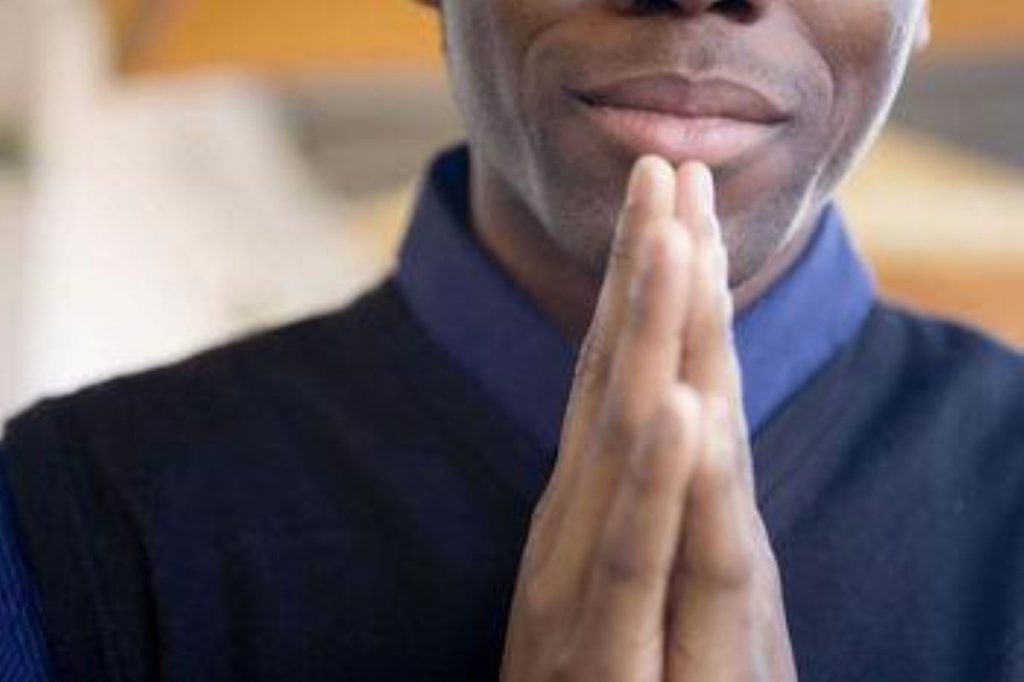Analysis: The council prayers debate
The ruling over prayers at Bideford town council brings no clarity to the issue of whether we live in a secular society or not.
By Paul Bickley
The high court ruled on Friday that Bideford town council had acted unlawfully in saying prayers as part of the formal proceedings.
The ruling is the result of a judicial review initiated by the National Secular Society in support of a – now departed councillor – Mr Clive Bone.
The ruling has attracted significant interest, not least a fulsome riposte from communities and local government secretary Eric Pickles arguing that the freedoms granted in the Localism Act provides the legal basis on which councils could say prayers. His statement makes no difference to today's ruling, but may achieve some traction if and when Bideford town council appeal the ruling.
Meanwhile, the National Secular Society (NSS) celebrate the "clear secular message' that the judgement sends. They're certainly right that it sends a secular message, though whether it's a clear one is debatable.
The arguments were set out in the high court on December 2nd. David Wolfe of Matrix Chambers, representing the NSS, argued that the council's practice of conducting prayers at council meetings was unlawful was an act of indirect discrimination against people of no religion, incompatible with articles nine and one of the ECHR and that holding prayers was ultra vires (outside the powers) of the council.
Reports suggest that Judge Ouseley declared against the practice because prayers do not fall within the ambit of Section 111 of the Local Government Act 1972. Section 111 provides local authorities with a generic power "to do anything (whether or not involving the expenditure, borrowing or lending of money or the acquisition or disposal of any property or rights) which is calculated to facilitate, or is conducive or incidental to, the discharge of any of their functions".
The basis on which he comes to this conclusion is not clear – he specifically did not admit NSS claims that saying prayers was discriminatory, or a breach of articles nine and 14 of the ECHR. What was propelling him to interpret these non-specific clauses in such a way? There is nothing in the legislation himself that would push him in that direction.
Having rejected claims of discrimination, he then sneaks them back into the judgement:
"I do not think the 1972 Act… should be interpreted as permitting the religious views of one group of councillors, however sincere or large in number, to exclude, or even to a modest extent, to impose burdens on or even to mark out those who do not share their views and do not wish to participate in their expression of them. They are all equally elected councillors."
To muddy the water still further, the judgement means that the prayers themselves are permissible, but only when they come before the formal meeting, do not come as part of the agenda, and councillors are not summoned to take part in them.
There will be broad sympathy for those who do not wish to be obliged to participate in religious practices in which they do not believe, but the case brings no clarity to the issue of whether we live in a secular society or not – that is an issue which is primarily a cultural, rather than a legal one.
Instead, this is another instance where the courts are being used as a venue for campaigns for this or that agenda. There, they contest issues with the force of law that should and could be dealt with better by sensible human negotiation, and a determination to create a generous and hospitable public space, secular or otherwise.
The National Secular Society are passionate about their cause because they perceive it to be a campaign in advance of human freedom. If that's what they really think, then today's 'victory' may be both pyrrhic and a little ironic.
Paul Bickley is a senior researcher at religious thinktank Theos
The opinions in politics.co.uk's Comment and Analysis section are those of the author and are no reflection of the views of the website or its owners.





-01.png)